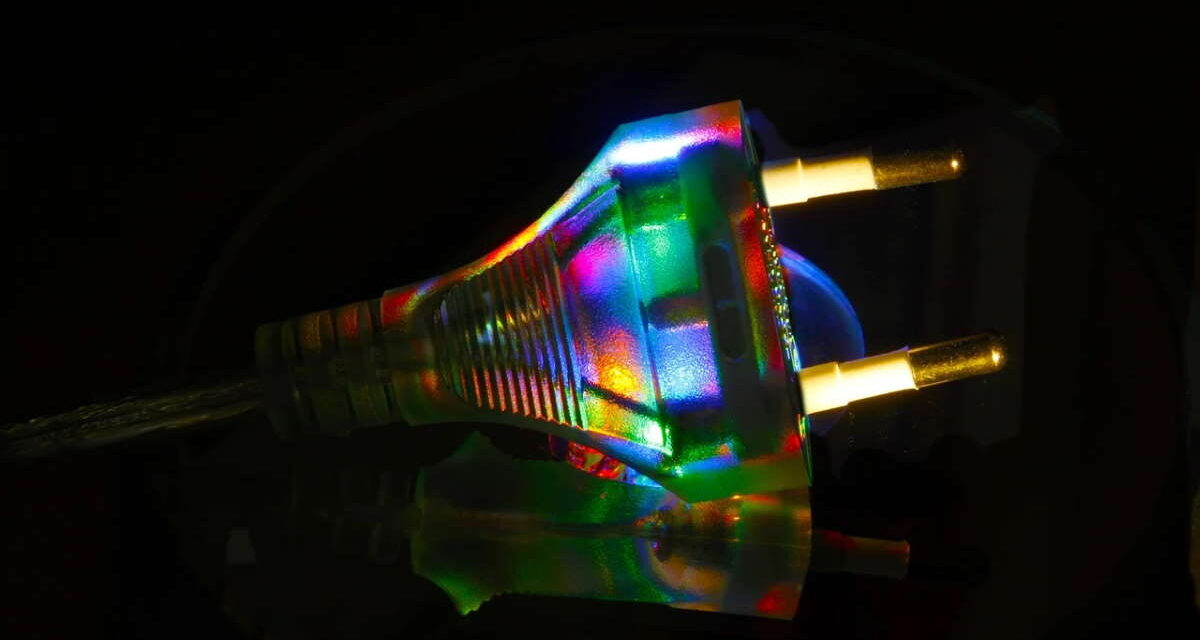Do you know how to use UPS for DIY projects? UPS stands for ‘Uninterruptible Power Supply’. UPS systems are useful tools to have when performing any type of project whereby an uninterrupted source of power is a necessity.
UPS systems are a type of generator. Usually run on diesel (and sometimes from a renewable power source), they produce electrical energy which can be used straight away or stored in a battery for later use. There are two main types of UPS – standby and portable. Standby systems are generally used to provide backup power to a home or business premise, and portable systems are more regularly used to provide power for specific purposes, such as during an event, or for a DIY project.
Which DIY Projects Need a UPS System
There are a number of DIY projects which might necessitate the use of a UPS system. This is because UPS systems can be used for a variety of different purposes, supplying a safe and constant source of power when you need it the most.
For example, if you are performing electrical renovations at your home, you may find that you need to shut off the electrical supply to the house. However, this may not be of practical benefit for you, as you may require a source of light or heating. In this case, a UPS system can be used to provide an alternative source of power, giving you electricity without you needing to rely on a mains supply.
Another circumstance in which a UPS system might prove useful would be if you were carrying out outdoors DIY work, which meant that you were out of reach of a mains electrical supply. This type of work could be anything, from excavating to building a shed. And as there are many different types of UPS systems, which range from small to large, you should be able to find the right kind of system to suit your needs.
Safely Using a UPS System
Because UPS systems are run, for the most part, from diesel, they need to be used in a safe and responsible manner. Because they produce CO2, you should never run your UPS system in an enclosed space and always make sure that there is a 5ft perimeter left around your system.
To make sure you stay safe when running a UPS system you should always remember to make use of your system’s standby power – click here to find out more information about this function from Critical Power, the leading provider of UPS systems in the UK.






Hi! Thank you for the post. 🙂 I have an old broken UPS system at my home, i think now its time to repair it and use it for my robotics projects! 🙂
UPS systems are great, I have a number of older PC UPS systems, I’ve removed the power failure beeper and now use them to run my photography lights out on location photo shoots. My strobes do not draw much power so they work well and will run for hours. Great post.
great information i use it in my computer too
I don’t know what I will do without my UPS.
It saved my but a couple of times. 🙂
Yes Anne, I would agree UPS are really handy while carrying out electrical decoration. It is very inconvenient and risky to shut off the mains every now and then. My friend suggested me to use a UPS for that purpose, since then I have been using it. Thanks for sharing the safety tips though.
You’re welcome, James. I can see how it would be extremely useful not only for DIY, but for work, alternative living (on boats etc) and more.
I am tapping into solar power for my outdoor needs this year, and so far it works out wonderfully!
As for the UPS system..I have to say I can’t afford to have one..
Solar power is so underused. We’d all pay so much less on our electricity bills if only we knew (and can afford) to successfully tap into solar power. Thanks for stopping by.
Our power source in our homes is strictly solar power. For six years my husband and I have been traveling full-time by sailboat and RV, and we power both our boat and our trailer with a huge 12 volt battery bank that is charged every day by solar panels. Our a/c electricity comes from a pure sine wave inverter that converts the DC battery power to a regular household type of signal. The inverter in our trailer is very high-end and produces a clean enough signal to power medical equipment. For those rare occasions when we haven’t gotten enough power from the sun to keep our batteries happy, we use a gas powered inverter/generator (Yamaha), but that doesn’t have a pure sine wave electrical signal. I’m intrigued to know about these diesel powered UPS units. Thanks for sharing.
Thanks for your perspective, Emily. I often wondered how people who live on boats are able to have power to supply all their electrical needs. It’s nice to get a comment from the other side of the coin – so to speak.
This was a guest post and the last paragraph has a link to the writer’s site. I’m sure they have more information there about UPS
UPS are some of the best things to have at a business as well. If the power goes out, you have enough time to save what you can before everything is lost. When you have a DIY project, these are handy because you know what to expect all that time. Great resources to have when building just about anything that requires power.
Nice writing.. i always use UPS for my computer system and also sometime using it for supply my light during the black out. Now i can get an idea to DIY some of UPS. Thanks